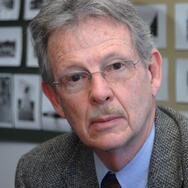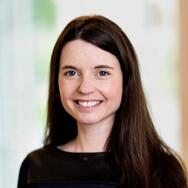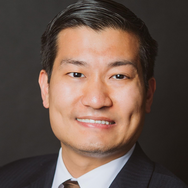Recoding America: Book Talk With Jennifer Pahlka
Event Details:
Join us for an engaging conversation with Jennifer Pahlka (Code for America), Ingrid Pappel (Tallinn University of Technology), and Andrew Grotto (Stanford University) on
Recoding America: Why Government is Failing in the Digital Age and How We Can Do Better
Just when we most need our government to work – to decarbonize our infrastructure and economy, to help the vulnerable through a pandemic, to defend ourselves against global threats – it is faltering. Government at all levels has limped into the digital age, offering online services that can feel even more cumbersome than the paperwork that preceded them and widening the gap between the policy outcomes we intend and what we get.
But it’s not more money or more tech we need. Government is hamstrung by a rigid, industrial-era culture, in which elites dictate policy from on high, disconnected from and too often disdainful of the details of implementation. Lofty goals morph unrecognizably as they cascade through a complex hierarchy. But there is an approach taking hold that keeps pace with today’s world and reclaims government for the people it is supposed to serve. Jennifer Pahlka shows why we must stop trying to move the government we have today onto new technology and instead consider what it would mean to truly recode American government.
SPEAKER: Jennifer Pahlka is the author of Recoding America: Why Government is Failing in the Digital Age and How We Can Do Better. She founded Code for America in 2010 and led the organization for ten years. In 2013, she took a leave of absence to serve as U.S. Deputy Chief Technology Officer under President Obama and helped found the United States Digital Service. She served on the Defense Innovation Board under Presidents Obama and Trump. At the start of the pandemic, she also co-founded United States Digital Response, which helps government meet the needs of the public with volunteer tech support. She received the Skoll Award for Social Entrepreneurship, and was named by Wired as one of the 25 people who has most shaped the past 25 years. Jennifer is a graduate of Yale University.
DISCUSSANT: Ingrid Pappel is the 2023 Global Digital Governance Fellow at Stanford University, Associate Professor at the Department of Software Science and Vice-Dean for Master's studies at the School of IT, Tallinn University of Technology. She has more than 20 years of experience in different development projects related to e-governance solutions in Estonia and abroad. She is the head of the Digi-State Technologies and Architecture research group, which addresses the complexity related to how governments can satisfy the demands of their citizens in times of need. Her research focuses on digital government ecosystems by investigating technologies that support digital transformation. Her research topics are related to the development activities in launching paperless management by creating interoperability with state registries and external and internal systems.
MODERATOR: Andrew J. Grotto is a William J. Perry International Security Fellow at the Center for International Security and Cooperation (CISAC) and a Research Fellow at the Hoover Institution, both at Stanford University. He is also Director of the Program on Geopolitics, Technology, and Governance (FSI). Grotto’s research interests center on the national security and international economic dimensions of America’s global leadership in information technology innovation, and its growing reliance on this innovation for its economic and social life.
The event is free and open to the public. RSVP is requested.
This event is part of Global Conversations, a series of talks, lectures, and seminars hosted by Stanford University Libraries and Vabamu with the goal of educating scholars, students, leaders, and the public on the benefits of but also challenges related to sustaining freedom.
Hohbach Hall, Room 122
557 Escondido Mall, Stanford, CA 94305
















